Unlike some other natural remedies, it is very easy to use ginger regularly.
There are more than twelve types of antioxidants in ginger, making it useful for treating a number of ailments. This herb contains essential oils, proteins, calcium, phosphorus, iron, folic acid, manganese, vitamin C and vitamins B3, B4 and B8.
What is ginger good for
- Helps in the treatment of colds and flu - suppresses cough and reduces high fever as well as headache. In such cases honey and ginger powder may be mixed;
- Ginger helps to prevent inflammation of blood vessels in the brain and migraine;
- Relieves the feeling of nausea, including during pregnancy;
- Relieves joint and muscle pain. It has anti-inflammatory properties, is effective in relieving pain associated with rheumatoid arthritis;
- Relieves stress. Ginger tea, among other things, has a refreshing effect;
- Helps digestion by regulating it. It is useful as a protection against ulcers. Lowers cholesterol. Ginger is believed to have anti-cancer properties;
- Ginger is a great antioxidant and valuable antiviral agent. Strengthens the immune system;
How to use ginger

- As herbal tea - grated fresh ginger root in boiling water for ten minutes, you can add honey to the tea;
- As part of a meal – add grated ginger to tuna salad or as a seasoning to meats and other foods. You can sprinkle some ginger powder on the food. It's also delicious in a fruit mix (you blend soft chilled fruit in a blender);
- As a dietary supplement, especially if you want a quick effect, you can consume ginger through tinctures and capsules. It can be used together with other remedies such as turmeric, oregano, rosemary, basil, green tea;
- For healthy hair - a combination of ginger and sesame helps to restore damaged hair: make a mixture of one teaspoon of ginger and 1/4 cup of sesame oil. Vigorously massage the scalp. After 10 or maximum 20 minutes wash with shampoo. It is done once a week.
Read more:
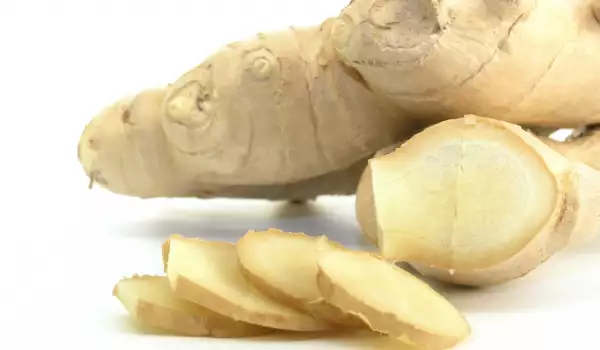
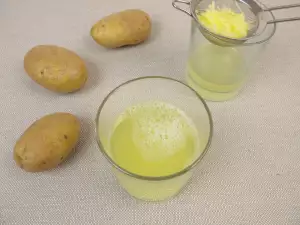
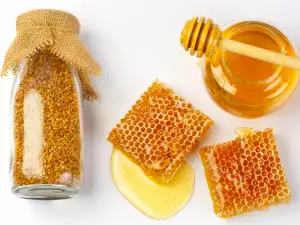
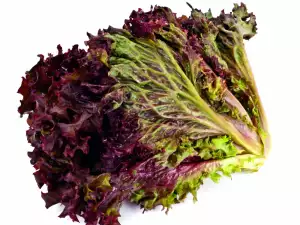



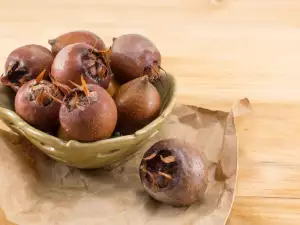



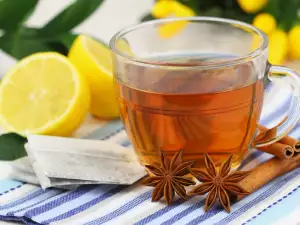
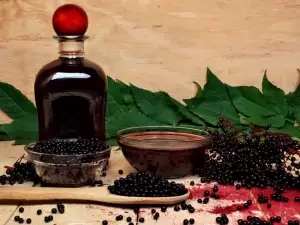


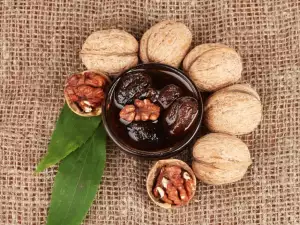




Comments